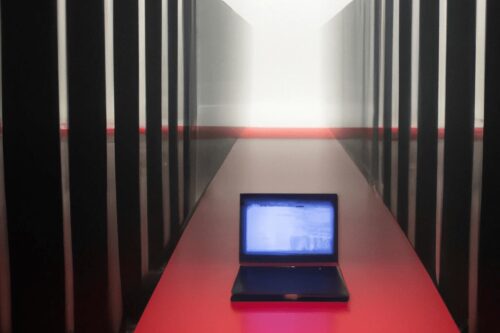Just came across an article that Po Bronson wrote for Fast Company. “What Should I Do With My Life?” is both the title of the article and the title of Bronson’s book on the same topic.
I’ve seen the book on the shelves at my local bookstore for years (though I never read it — at least not yet). So as I came across the Fast Company article’s first paragraph, I assumed that Bronson was proposing a kind of epilogue to his book:
It’s time to define the new era. Our faith has been shaken. We’ve lost confidence in our leaders and in our institutions. Our beliefs have been tested. We’ve discredited the notion that the Internet would change everything (and the stock market would buy us an exit strategy from the grind). Our expectations have been dashed. We’ve abandoned the idea that work should be a 24-hour-a-day rush and that careers should be a wild adventure. Yet we’re still holding on.
“How timely,” I thought — Bronson is speaking about the current economic climate in our country and its effects on employment. But wait. I checked the article publication date: December 31, 2002. Apparently we’re back in a situation and mode of thinking about jobs that we’ve faced earlier this decade (or should I say, last decade).
So it gets me thinking — do economic conditions change the very nature of work itself, or do they really just change attitudes. As with all issues in the social sciences, I think the answer is a bit of both.
But I must admit, my interest in Bronson’s article came not from a desire to contemplate the nature of labor. Truthfully I (like so many people I know of all ages) have been contemplating this very question for a while now. And while neither this article, nor any one source, provides a definitive answer to the question, it does provide some good food for thought.
On (good) backup plans:
His backup plans do not lead to different destinations, such as “If I don’t get into business school, I’ll be a schoolteacher.” His backup plans lead to the same destination, and if he has to arrive late by a back road, that’s fine.
On “keeping doors open”:
“Keeping your doors open” is a trap. It’s an excuse to stay uninvolved.
On considering your professional future:
The relevant question in looking at a job is not What will I do? but Who will I become?
Give the article or the book a read and share your thoughts.
Links >>
“What Should I Do With My Life?” | Fast Company (Dec 31, 2002)
“What Should I Do With My Life?” | book by Po Bronson
Topics:

